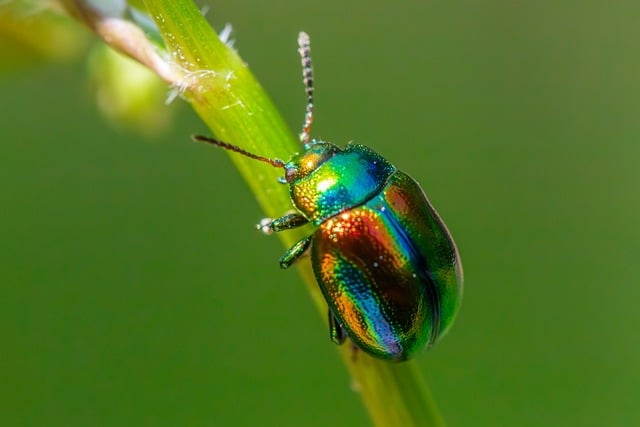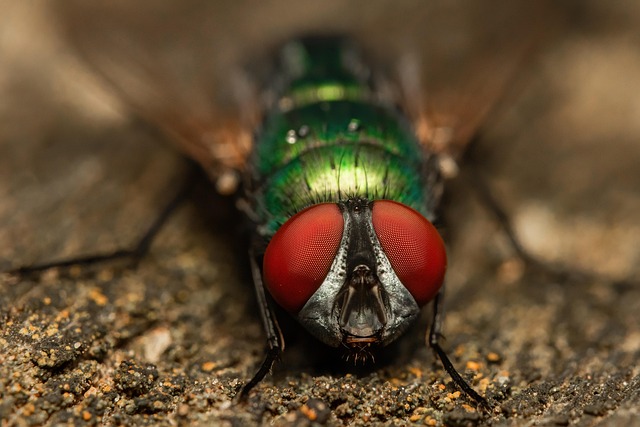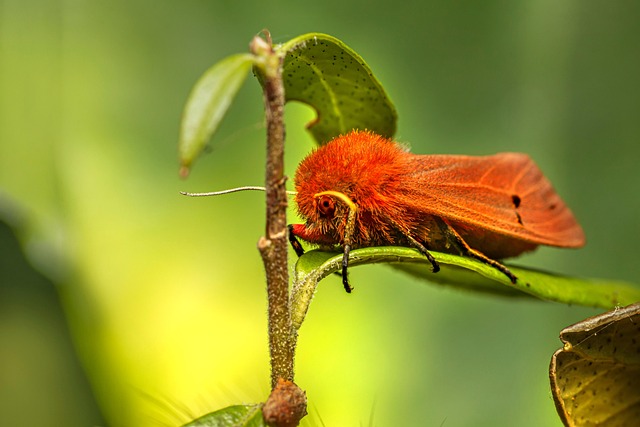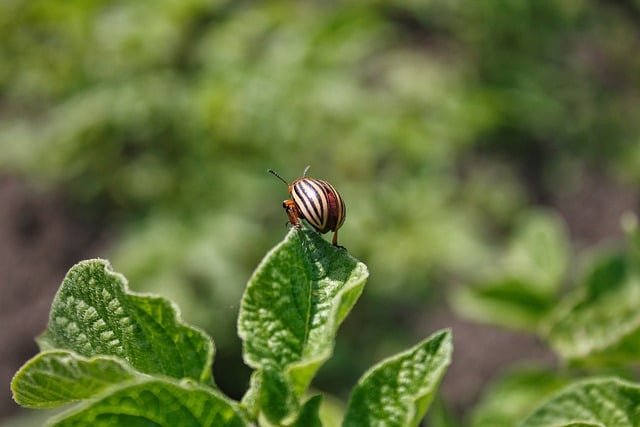Pantry pests like beetles, weevils, moths, and flies commonly infest homes in Littleton, entering through cracks, doors, or windows. To combat these infestations organically, residents should focus on sealing entry points, maintaining cleanliness, and employing natural solutions like beneficial insects or plant-based repellents. Key strategies include understanding pest behavior, preventing access, and using organic deterrents tailored to home gardens in Littleton. This eco-friendly approach not only protects plants and maintains ecosystem health but also promotes biodiversity and resilience. To safeguard food supplies, adopt strict hygiene practices, store food in airtight containers, implement a rotation system, and plant companion plants like mint, lavender, basil, and thyme that naturally repel pests.
In the heart of every Littleton home garden lies a potential battleground against unwanted pantry pests. Understanding these infestations is the first step towards effective control. This article guides you through organic solutions and prevention strategies, empowering you to tackle common pantry pests naturally. Discover how to transform your garden into a pest-free sanctuary using eco-friendly methods tailored for your Littleton home, ensuring a peaceful and bountiful harvest.
- Understanding Pantry Pest Infestations in Littleton Home Gardens
- Organic Solutions for Effective Pest Control
- Prevention Strategies to Keep Pests at Bay
Understanding Pantry Pest Infestations in Littleton Home Gardens

Pantry pests are a common concern for homeowners in Littleton, especially those with well-tended gardens. Understanding these infestations is crucial when considering organic pest control methods tailored to home gardens. These tiny invaders, often overlooked, can quickly multiply and cause significant damage to stored food items. Common pantry pests in Littleton include beetles, weevils, moths, and flies, all of which find their way into homes through cracks, open doors, or windows. With the right knowledge, these infestations can be managed effectively without resorting to harsh chemicals.
Organic pest control for home gardens in Littleton focuses on natural solutions that target specific pests while promoting a healthy environment. This approach involves identifying the source of the infestation, sealing entry points, maintaining cleanliness, and utilizing beneficial insects or plant-based repellents. By adopting these organic methods, residents can protect their stored foods, ensure a safe and healthy living space, and contribute to the overall well-being of their local ecosystem.
Organic Solutions for Effective Pest Control

In the pursuit of a sustainable and safe environment, especially in home gardens, organic pest control methods offer an appealing alternative to synthetic chemicals. For those residing in Littleton, organic pest control for home gardens provides an eco-friendly solution that not only protects plants but also maintains the overall health of the ecosystem. These natural treatments leverage the power of beneficial insects, plant essential oils, and other non-toxic substances to deter and eliminate pests.
By embracing organic methods, gardeners in Littleton can effectively manage common garden pests like aphids, slugs, and spiders without exposing their families or local wildlife to harmful residues. Furthermore, organic pest control promotes biodiversity by fostering a balanced ecosystem, ensuring that beneficial insects thrive and naturally regulate pest populations. This holistic approach not only keeps gardens healthy but also contributes to the overall resilience of the environment.
Prevention Strategies to Keep Pests at Bay

To prevent pantry pests from infesting your food supplies, start by adopting a multi-pronged approach that combines good hygiene practices and organic pest control methods suitable for home gardens in Littleton. Regularly clean all areas of your kitchen, including countertops, floors, and especially shelves where food is stored. Ensure all food items are sealed tightly in air-tight containers, removing any accessible sources of sustenance. Implement a rotation system for stored goods to minimize the risk of infestation, with older items in front and newer ones behind.
Beyond individual precautions, consider planting companion plants known to repel common pantry pests around your garden or near entry points into your home. Herbs like mint, lavender, basil, and thyme are natural deterrents against ants, moths, and other intruders. Organic pest control for home gardens in Littleton also involves maintaining a clean and clutter-free environment, as pests thrive in hidden spaces and piles of forgotten items. Regularly inspect incoming goods for any signs of infestation before bringing them inside to prevent the introduction of unwanted guests into your pantry.
